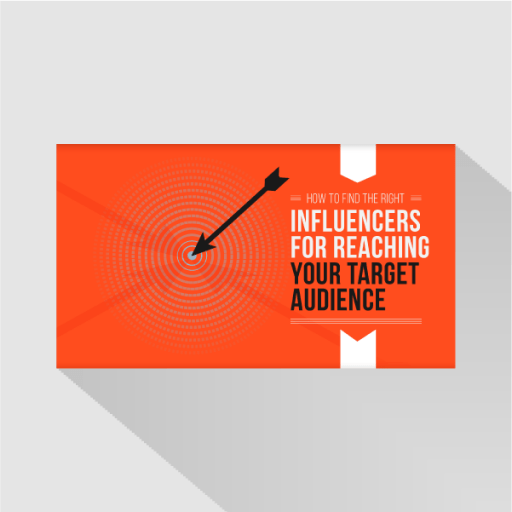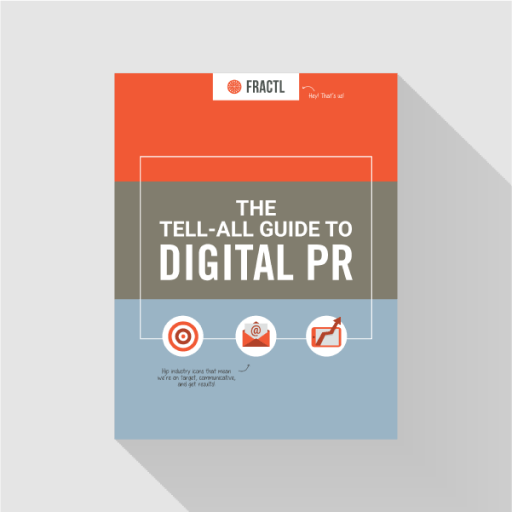Digital PR pros have to send pitches, dozens—sometimes more—to journalists everyday on behalf of their clients.
While it can be tempting to just write a templated pitch with the main takeaways of your story and blast them out to 50 editors a day, you may want to rethink your approach, based on data from our latest study.
At Fractl, one of the things that differentiates us from other agencies is that our digital PR team has individually built rapport with hundreds of influential journalists across every imaginable topic area. We do this by personalizing each individual pitch – from the subject line, to the introduction, to the sign off- no two pitches sent from our team are alike.
We’ve always known anecdotally this is how to build relationships with writers and editors— but we wanted to get the cold hard data to back up our claim that this works. Data is the Fractl way, of course.
To test our theory that personalization is always best, we sent out 100+ email pitches to influencers in the career/workplace sphere. Everyone we reached out to was Verified on Twitter. Half of the emails we sent were templated. The other half were personalized. Here is what we found:
Personalized Pitches Yield More Positive Responses
83% of personalized emails sent received feedback with a positive sentiment. Many responses included compliments on how well the outreach email was written and how much they appreciated the unique email instead of templated emails.
Templated Pitches Yield More Negative Responses
Of the templated emails we sent, 40% of the replies we got back were neutral or negative. Some of the people we contacted weren’t thrilled with the correspondence at all, while others were more neutral about their reply back.
Having a Large Twitter Following is Correlated to a Lower Response Rate
As everyone on our outreach list was verified on Twitter, we expected that some of those we contacted were more famous than others. We tested just who replied to our outreach email. The data shows that the higher the Twitter following (how popular someone was) is correlated to the responses we got back. As it turns out, those with huge followings are less likely to respond to a cold outreach pitch.
Conclusion
At Fractl, we personalize all the outreach emails we send in order to foster better relationships with the journalists that cover the content we create on behalf of our clients. We’ve always believed personalization was the way to go, but after running this study of 100 cold emails, we have the data to back it up.
- Personalized emails received more positive feedback, often in the form of appreciation for taking the time to write a unique pitch.
- Templated emails yielded more neutral or negative email replies.
- The higher someone’s Twitter following, the less likely they are to respond to cold outreach.
Methodology & Fair Use Statement
We emailed 100 people who specialize in workplace topics. We sent 50 identical, templated emails and 50 personalized, unique emails asking them to answer a single question about the future of remote work. We selected candidates using BuzzSumo. Only professionals that were involved in workplace topics and verified on Twitter were selected. We then ran their responses to the email through a sentiment analysis tool to determine sentiment.
From marketers to digital pr execs, we know this information might be useful to some people. Please feel free to share our work—we’d just like to kindly ask that you link back to this page and credit Fractl accordingly.





